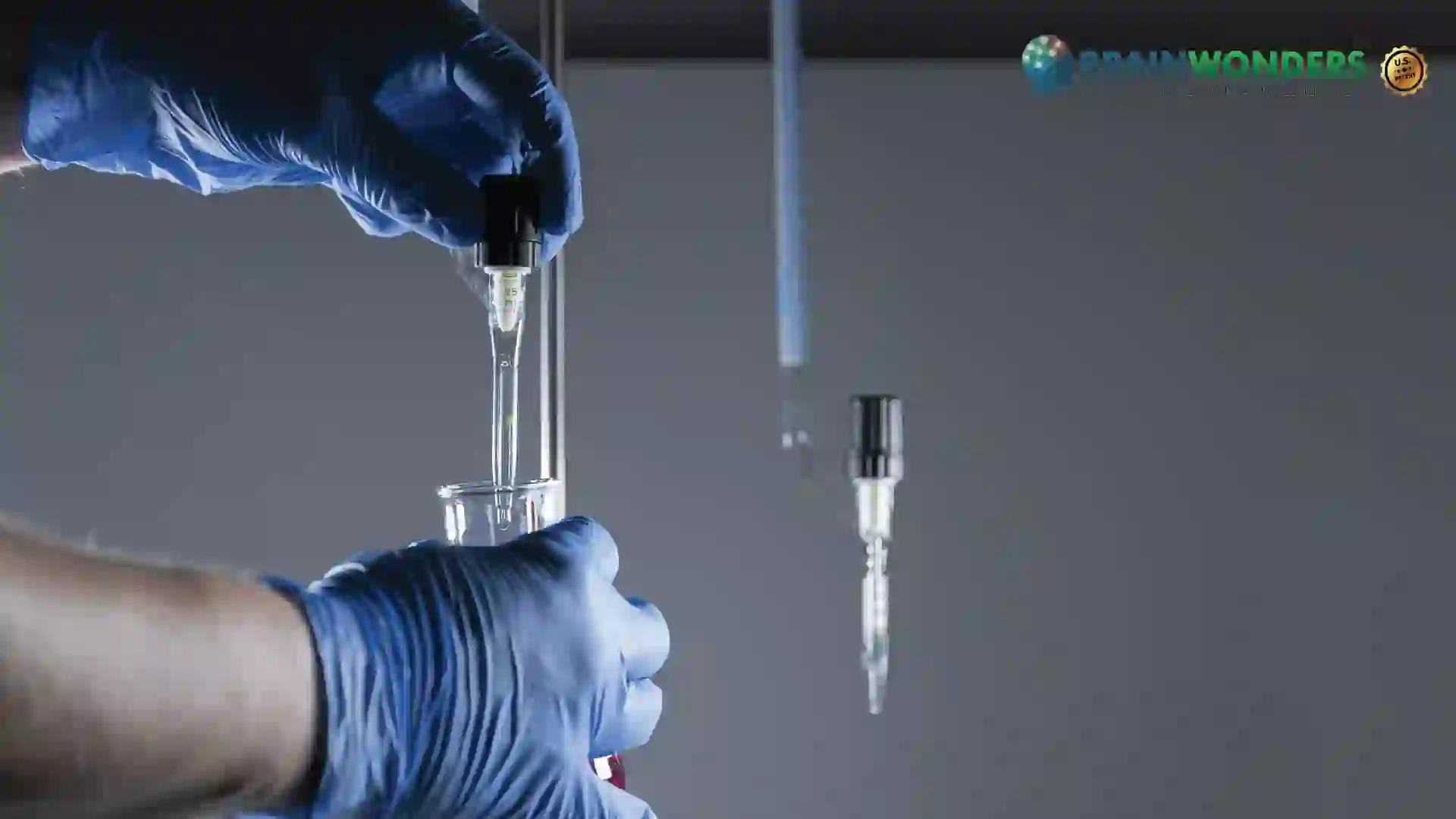How to become a Marine Scientist
Overview, Courses, Exam, Colleges, Pathways, Salary

Overview
Who is Marine Scientist ?
Marine scientists research a diverse array of aquatic creatures, ranging from minuscule plankton to huge whales. The majority of marine biologists specialise in one of many fields, including phycology, invertebrate zoology, marine analogy, fisheries biology, marine biotechnology, marine microbiology, and marine ecology. It is also usual to specialise in the study of a single species. Almost all marine scientists spend as least some of their time doing a field study in a variety of habitats, from marshes or wetlands to the ocean. They use a variety of different types of equipment, including boats, dive gear, nets, traps, sonar, submarines, robots, computers, and ordinary laboratory equipment.
Typical day at work
What does Marine Scientist do?
- Planning and undertaking laboratory-based experiments and research
- Collecting samples at sea
- Keeping up to date with scientific and research developments
- Attending relevant training courses
- Recording, analyzing and interpreting data from biological or physical processes
- Using tracking technology to study particular organisms
- Writing research papers, reports and reviews
- Ensuring that data is recorded accurately
- Using problem-solving skills to develop solutions to research challenges
- Using computer databases and software to analyse and manage data
- Developing and maintaining a network of contacts
- Making presentations
- Identifying new funding sources and applying for grants
- Planning and organising field research trips
- Generating new research hypotheses and theories
- Testing out theories and hypotheses
Abilities and Aptitude needed
What are the skills, abilities & aptitude needed to become Marine Scientist?
- Critical and analytical thinking: Drawing conclusions requires sound scientific methods, which requires questioning and testing everything.
- Observational skills: Studying marine life, especially animals, requires the ability to recognize the slightest changes in behavior and any changes in environment that might have led to those changes.
- Physical and emotional stamina: Fieldwork can be physically demanding, especially if it is done in or under water, and it also can be emotionally demanding if it requires the researcher to alone in an environment with only native marine life.
- Teamwork: Much research is done as part of a larger team. Students still working toward advanced degrees, especially, are expected to cooperate with other team members if they are assisting a professor or other team leader with research.
Salary
Salary for Marine Scientist?
Salary of a Market Research Analyst is as follows :
- Minimum Monthly Income (Market Research Analyst): Entry-level Market Research Analysts in India typically earn a monthly income ranging from approximately INR 25,000 to INR 40,000 as they start their careers, assisting with data collection, conducting surveys, and learning the fundamentals of market research.
- Maximum Monthly Income (Market Research Analyst): Experienced and highly skilled Market Research Analysts, especially those who have expertise in data analysis, statistical modelling, or specialized research techniques, can earn a maximum monthly income of INR 60,000 to INR 1,20,000 or more, depending on the complexity of projects and the depth of insights provided.
- Annual Income (Market Research Analyst): The annual income of a Market Research Analyst varies based on factors such as experience, industry demand, the scope of research projects, and the ability to provide actionable insights. Annual earnings may range from INR 3,00,000 to INR 14,40,000 or higher for established analysts who consistently deliver comprehensive research reports, contribute to strategic decision-making, and aid companies in understanding market dynamics.
- Highest Earning Opportunities and Scope: Market Research Analysts specialising in data analytics, consumer insights, competitive intelligence, or industry-specific research often command higher earnings due to their expertise in providing targeted and actionable recommendations. Analysts who excel in designing effective research methodologies, utilizing advanced analytical tools, and translating data into meaningful insights can unlock enhanced earning potential. The scope for Market Research Analysts is promising as businesses increasingly rely on data-driven insights to stay competitive and make informed decisions. With the proliferation of digital data sources and the need to understand consumer preferences, skilled Market Research Analysts play a pivotal role in helping organizations uncover valuable market trends and opportunities. This profession offers significant opportunities for analytical thinking, data interpretation, and contributing to the success of businesses by guiding their strategic initiatives.
Pathways
How to become an Marine Scientist?
Entrance Exam
Entrance Exam for Marine Scientist ?
Courses
Which course I can pursue?
Best Colleges
Which are the best colleges to attend to become an Marine Scientist?
Industries
Which Industries are open for Marine Scientist?
Marine Scientists have opportunities to contribute their expertise in various industries that involve the study, conservation, and sustainable use of marine ecosystems. Here are some industries open for Marine Scientists:
- Academic and Research Institutions: Marine Scientists can work in universities, research centres, and institutes to conduct scientific research, publish findings, and educate future scientists.
- Government and Regulatory Agencies: Marine Scientists contribute to marine resource management, environmental policy development, and marine conservation efforts within government departments.
- Environmental Consulting Firms: Marine Scientists assess the impact of human activities on marine environments, conduct environmental assessments, and provide recommendations for sustainable practices.
- Nonprofit and Conservation Organizations: Marine Scientists are key in marine conservation projects, advocacy campaigns, and community engagement.
- Aquariums and Marine Parks: Marine Scientists work in public education, marine animal care, and conservation programs within aquariums and aquatic life centres.
- Fisheries and Aquaculture: Marine Scientists contribute to sustainable fishery management, aquaculture practices, and ensuring the health of marine fish populations.
- Oil and Gas Industry (Environmental Division): Some companies employ Marine Scientists to assess and mitigate the environmental impact of offshore drilling and exploration.
- Marine Technology and Instrumentation: Marine Scientists work on developing oceanographic tools, underwater robotics, and marine sensing technologies.
- Tourism and Eco-Tourism: Marine Scientists can provide expert guidance in marine wildlife tours, interpretive programs, and sustainable tourism practices.
- Marine Biotechnology: Marine Scientists contribute to developing biotechnological applications, such as pharmaceuticals and biomaterials derived from marine organisms.
- Oceanographic Research Vessels and Expeditions: Marine Scientists participate in research cruises, data collection, and exploratory missions aboard research vessels.
- Coastal Management and Restoration: Marine Scientists contribute to projects that protect and restore coastal habitats, including wetlands and mangroves.
- Oceanographic Laboratories: Marine Scientists analyze marine samples, conduct experiments, and process data in oceanographic research laboratories.
- Educational Institutions: Marine Scientists teach marine science courses and educate students about marine ecosystems, biodiversity, and conservation.
- Marine Renewable Energy: Marine Scientists contribute to assessing and managing offshore wind, wave, and tidal energy projects.
- Marine Policy and Law: Marine Scientists work in legal and policy organizations, contributing their scientific expertise to inform marine regulations and international agreements.
- Marine Film and Media: Some Marine Scientists become science communicators, sharing their knowledge through documentaries, articles, and media productions.
internship
Are there internships available for Marine Scientist?
Here are potential internship opportunities to consider:
- Research Institutions and Universities: Many marine research institutes and universities offer internships to assist ongoing research projects focused on marine ecology, oceanography, and marine conservation.
- Aquariums and Marine Life Centers: Interning at these facilities allows you to gain experience in marine animal care, public education, and conservation programs.
- Government Agencies: Internships with government bodies such as environmental departments and fisheries management agencies provide opportunities to contribute to marine policy, monitoring, and research.
- Nonprofit Organizations: Marine conservation organizations offer internships on marine protection, ecosystem restoration, and community engagement.
- Marine Reserves and National Parks: Internships in these areas involve fieldwork, data collection, and conservation efforts within protected marine environments.
- Oceanographic Research Vessels: Interning aboard research vessels provides hands-on experience in oceanographic data collection, marine sampling, and research expeditions.
- Environmental Consulting Firms: Internships here involve working on environmental impact assessments, marine surveys, and coastal management projects.
- Marine Education Programs: Internships with organizations providing marine education and outreach offer experience communicating scientific concepts to the public.
- Marine Tourism and Eco-Tourism: Internships in this sector focus on marine wildlife guiding, interpretation, and sustainable tourism practices.
- Fisheries and Aquaculture Companies: Internships here offer insights into fishery management, sustainable aquaculture practices, and marine resource utilization.
- Marine Technology Companies: Internships involve working with underwater robotics, ocean sensors, and marine technology development.
- Oceanographic Laboratories: Internships in these labs allow you to assist in analyzing marine samples, conducting experiments, and processing data.
- Coastal Management and Restoration Projects: Internships involve contributing to projects to protect and restore coastal habitats.
- Marine Conservation NGOs: Internships with conservation-focused non-governmental organizations allow you to support campaigns, research, and advocacy efforts.
- Whale and Dolphin Research Organizations: Interning with these organizations involves studying marine mammals, behaviour, and habitats.
- Oil and Gas Companies (Environmental Division): Some companies offer internships in their environmental departments, focusing on marine ecological impact assessments.
Career outlook
What does the future look like for Marine Scientist?
The future for Marine Scientists is promising and vital for understanding and preserving our oceans. As environmental concerns intensify, the demand for marine expertise is expected to rise. Marine Scientists will play a crucial role in studying marine ecosystems, biodiversity, and climate change impacts. Technological advancements, such as remote sensing and underwater robotics, will enhance research capabilities. With growing emphasis on sustainability, Marine Scientists will contribute to conservation efforts, marine resource management, and policy development. Collaboration with industries like fisheries, energy, and tourism will be important. However, challenges like habitat degradation and pollution will require innovative solutions. Marine Scientists can anticipate meaningful careers focused on addressing critical global issues, safeguarding marine life, and contributing to a more sustainable future for our oceans and planet.





